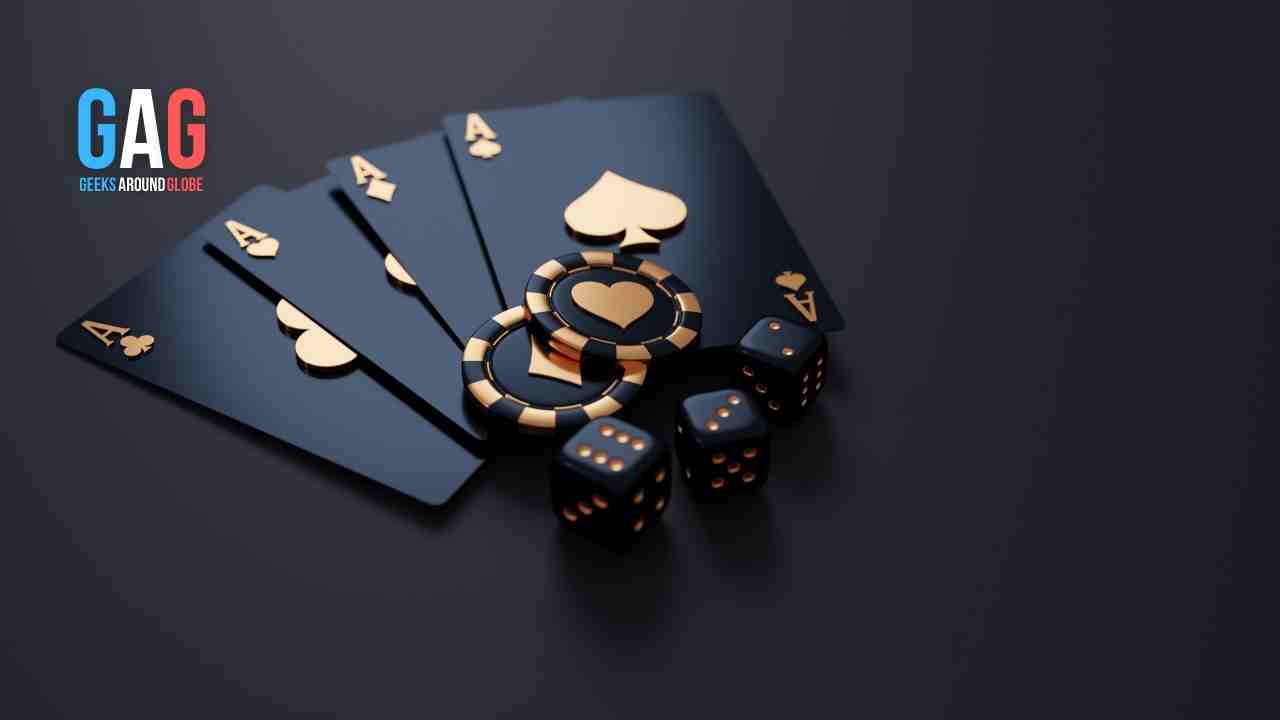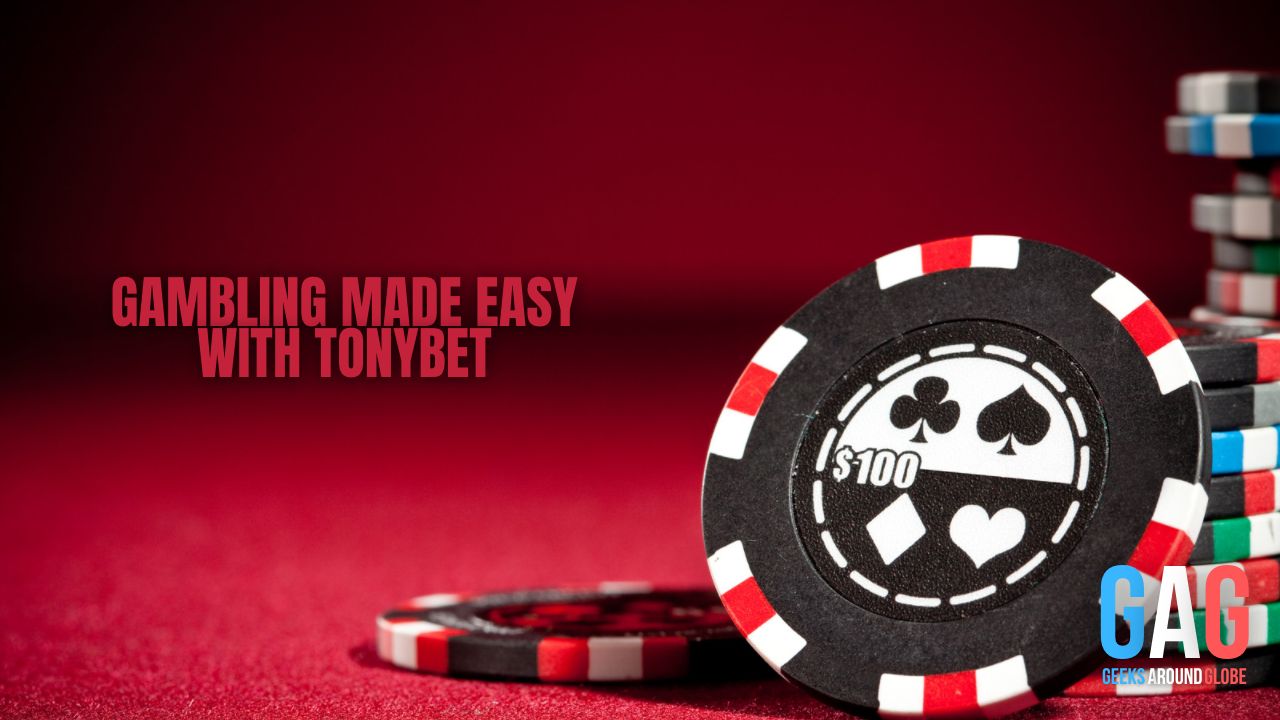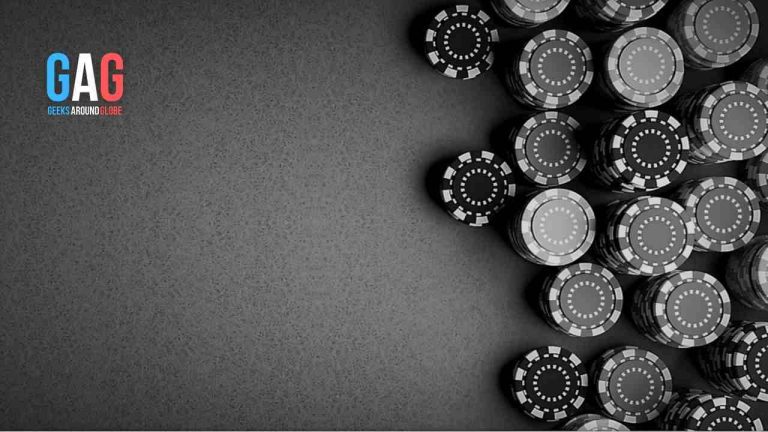Although this may not be a typical comparison to make at first, whether you realize it or not, there are more similarities between poker and business than you might have thought. You might play poker online to wind down at the end of a long day or over the weekend and also enjoy your full-time nine-to-five job during the day, but how can these two activities be similar?
It’s not so much a similarity between the actual activity itself, but the skills behind poker and business are similar. Analytical skills, risk assessment, weighing up the pros and the cons, and knowing when to take a risk or when to wait for a better opportunity tactically, are just some of the aptitudes that must be mastered to succeed in both activities. To find out more about the similarities between both, keep reading below!
Source: https://pixabay.com/photos/to-play-card-game-poker-poker-chips-593207/
- Expected Value (EV)
No matter your level of expertise with the game of poker, you must at least be vaguely familiar with the concept of expected value. It is no surprise that every decision you make in poker, from the very first to the last, will have some sort of outcome. Whether that’s in your favor or not can technically be measured thanks to the EV – the expected value.
As the name suggests, the expected value of something is the outcome of your decisions in poker in a long-term circumstance. It is the skill of calculating, using math, and the outcome of your decisions by thinking a few steps ahead. To get ahead of factors such as luck as well as the strategy in some cases, the EV allows you to see how profitable your choices are in the long run, allowing you to ignore or sacrifice smaller values in the very beginning.
Similarly, in business, the skill of being able to calculate the outcome of your decisions is extremely handy, as not only does it mean that you make much more informed and well-thought-out decisions to begin with, but it also means that you can pinpoint when it is a good idea to walk away from something because the EV is not worth your time or resources.
- Taking Risks
That being said, taking risks is also important! Or, more importantly, know when it is the right moment to take a risk on something. Whilst some people put poker down to a game of sheer luck, others say it is a game completely to do with strategy and skill; sometimes, it is about recognizing when you need to blend the two.
Similarly, as you take risks in poker, it’s also sometimes necessary to take risks in business. That’s not to say that you don’t survey and scale up whether the risk is worth taking or not! That’s definitely an important factor. But sometimes, it’s about knowing when to be tactical about things and when to make decisions that will lead you to a more surprising outcome.
Source: https://pixabay.com/photos/poker-playing-king-ace-game-686981/
- Know Your Market
Another key similarity between the two activities is making sure you know your market, or in the case of poker, knowing your opponent. Having a ‘poker face’ is one of the key techniques that everyone will tell you to master when playing the game, and picking out the ‘tell’ of someone to see if they’re bluffing can often benefit you in many ways.
Keeping a poker face in business may allow you to have the upper hand against competitors or encourage clients to do business with you because you don’t reveal too much at once. It may also come in handy for any negotiation, as you may be able to pre-empt how the other party will react based on their behavior and body language. Being able to pick up on these small but important details is an extremely useful skill to have.
- Learn to Adapt
As much as researching and analyzing the game and your opponents are important, it’s also just as important to be flexible and know when to adapt and change strategy. A player may make an unexpected move that you weren’t anticipating, but instead of letting that throw you off and stick to your game plan regardless, it’s important that you adapt and change strategy, even if it’s last minute.
The same goes for business! External factors can affect any business constantly, and sometimes it may feel like there isn’t a lot of stability. But being flexible is good for your business. It demonstrates to potential clients that you are willing to change direction if and as needed – an admirable and desirable quality for many.
- Look for Opportunities
Similar to learning the skill of adaptability, it’s also essential to ensure you are searching for opportunities of any kind that are favorable to you. This doesn’t have to be an active priority, but even if it’s something you have at the back of your mind, it will mean that you can jump in when the moment arises. It may be a moment of weakness from your opponent who’s made a wrong move, or there may be a gap in the market, perfect for you to jump in and fill before anyone else, giving you the upper hand!
Source: https://pixabay.com/photos/woman-write-notepad-girl-female-792162/







